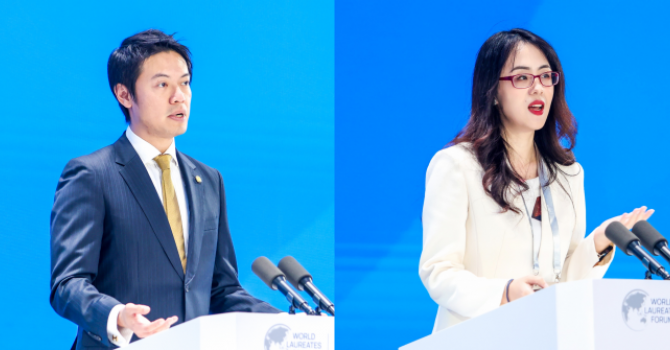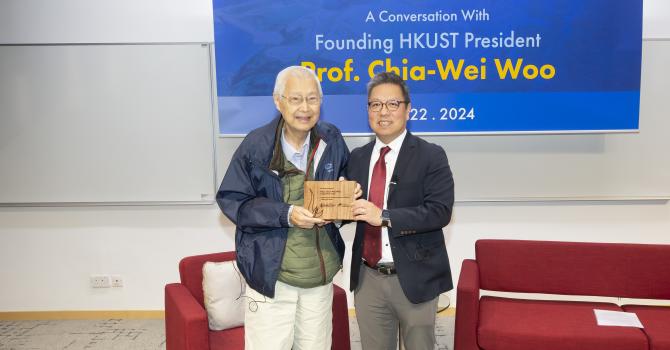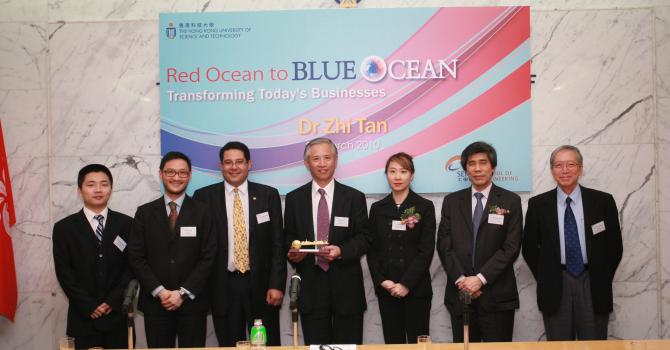One Currency, Two Markets: China’s Attempt to Internationalize the Renminbi
HKUST IEMS Thought Leadership Briefs No. 58
The global financial crisis in 2007-2009 caused a shortage of the US dollar all over the world. This sounded an alarm, reminding China that the dollar-based international monetary system (IMS) could be quite unreliable.
In response, China began to accelerate the pace of RMB internationalization so as to eventually escape from the “dollar trap” i.e. become independent of the US, the USD, and an international monetary system (IMS) dominated by the USD. In order for the RMB to be a significant international currency, it has to be largely convertible in the capital account and China’s financial market must be sufficiently deep, broad and liquid.
Edwin L.-C. Lai from HKUST has looked into the above pressing issues. In order for the RMB to be a significant international currency, it has to be largely convertible in the capital account and China’s financial market must be sufficiently deep, broad and liquid.
Find out more about his research and his policy recommendations in HKUST IEMS Thought Leadership Briefs No. 58.
About The Hong Kong University of Science and Technology
The Hong Kong University of Science and Technology (HKUST) (www.ust.hk) is a world-class research university that focuses on science, technology and business as well as humanities and social science. HKUST offers an international campus, and a holistic and interdisciplinary pedagogy to nurture well-rounded graduates with global vision, a strong entrepreneurial spirit and innovative thinking. HKUST attained the highest proportion of internationally excellent research work in the Research Assessment Exercise 2014 of Hong Kong’s University Grants Committee, and is ranked as the world’s best young university in Times Higher Education’s Young University Rankings 2019. Its graduates were ranked 16th worldwide and top in Greater China in Global University Employability Survey 2018.






